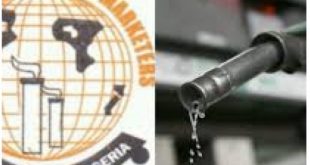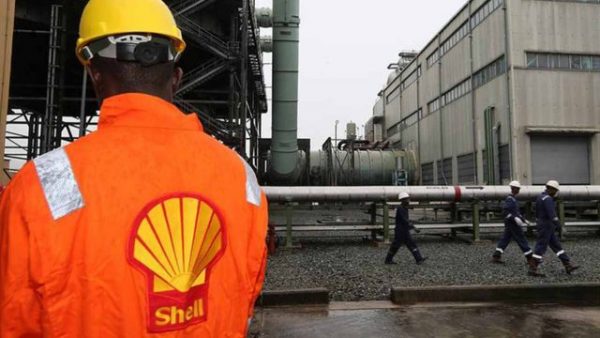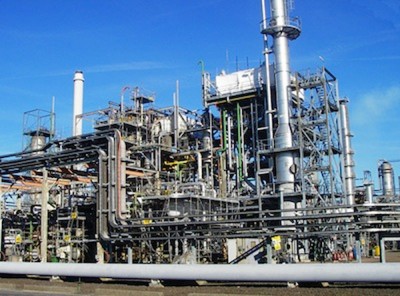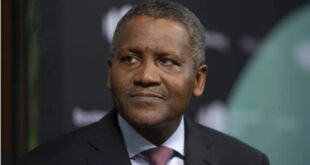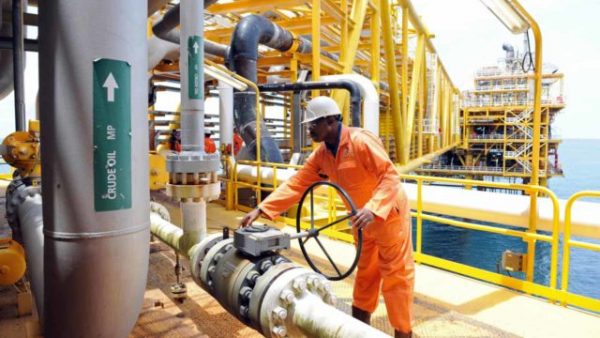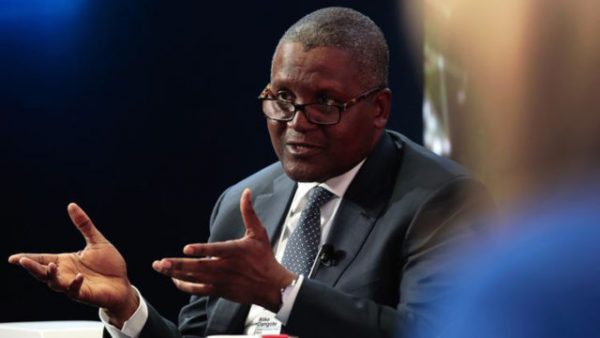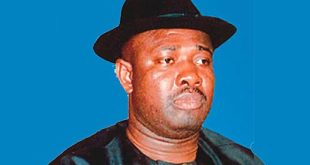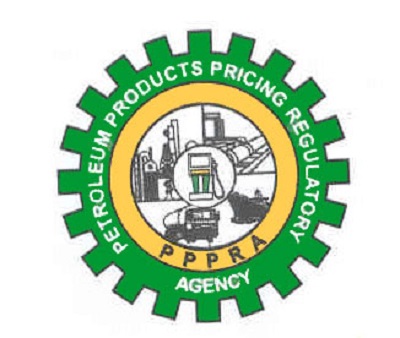 Oil marketing companies imported 536,000 metric tonnes of petrol after the downstream sector was deregulated on March 19 this year, the Petroleum Products Pricing Regulatory Agency has said.
Oil marketing companies imported 536,000 metric tonnes of petrol after the downstream sector was deregulated on March 19 this year, the Petroleum Products Pricing Regulatory Agency has said.
Before March 19, 2020, the Nigerian National Petroleum Corporation (NNPC) operated as the sole importer of petrol into Nigeria for more than two years.

But the Executive Secretary, PPPRA, Abdulkadir Saidu, while explaining why the downstream sector was deregulated in a report made available to our correspondent in Abuja, said the deregulation exercise had increased investment in the industry.
He said, “Since the commencement of the new price regime, which heralds full deregulation of the sector, a considerable increase in the level of OMCs’ participation in PMS importation has been recorded.

“In recent years, OMCs withdrew from product importation, but since the Federal Government’s pronouncement on March 19, 2020, over 536,000 metric tonnes of PMS has been directly imported by the OMCs.”

Saidu said the PPPRA was aware of the public outcry trailing the recent surge in petroleum products prices.
He, however, noted that the decision was a reflection of the new market-based pricing system, which did not seek to harm consumers but foster growth in the sector and prevent wastages resulting from subsidy.
He stated that based on this, the agency no longer fixed prices but rather provided a guiding price band within which operators were expected to operate.
“This takes into account prevailing market conditions by monitoring petroleum products prices daily, using the average price of the previous month and other components like foreign exchange rates,” he said.
Saidu said these components were used to determine prices for the following month, while ensuring reasonable returns to OMCs.
He explained that under the market-based pricing regime, products prices would be determined by market forces.
This, he said, explained the recent downward and upward movements in the guiding pump price band of PMS, which reflected market realities.
Saidu said, “It is important to note that applicable petroleum products cost accounts for about 80 per cent of the pump price of petroleum products. Correspondingly, if the price of crude oil is low, it stands to reason that pump prices will come down and similarly, when prices increase, pump price will be expected to go up reflecting market trends.”
He further noted that concerted efforts in the gas industry would further cushion the effect of high oil price, by providing a cheaper, healthier and cleaner alternative to petrol.
According to the PPPRA boss, several companies had already indicated interest in auto-gas development, especially in the area of Compressed Natural Gas, Liquefied Petroleum Gas and natural gas retailing for the domestic market.
He said others were seeking partnerships with existing retail outlet owners for co-location and development of multi-fuel facilities.
Saidu said existing OMCs had also expressed willingness to expand their facilities to include auto-gas dispensers.
He observed that the recent upward movement in pump price had become a bone of contention because of the fragile state of the economy.
He, however, stressed that the deregulation of the sector was in the country’s best interest because competition had a way of forcing down prices.
This, he said, would ensure that companies place a tight rein on production cost such that wastes that could be passed on to consumers in the form of high prices would be eliminated.
 MMS PLUS NG – Maritime, Aviation, Business, Oil and Gas News Online Newspaper with coverage in Maritime, Oil and Gas, Aviation, Power and Energy as well as Financial News
MMS PLUS NG – Maritime, Aviation, Business, Oil and Gas News Online Newspaper with coverage in Maritime, Oil and Gas, Aviation, Power and Energy as well as Financial News



